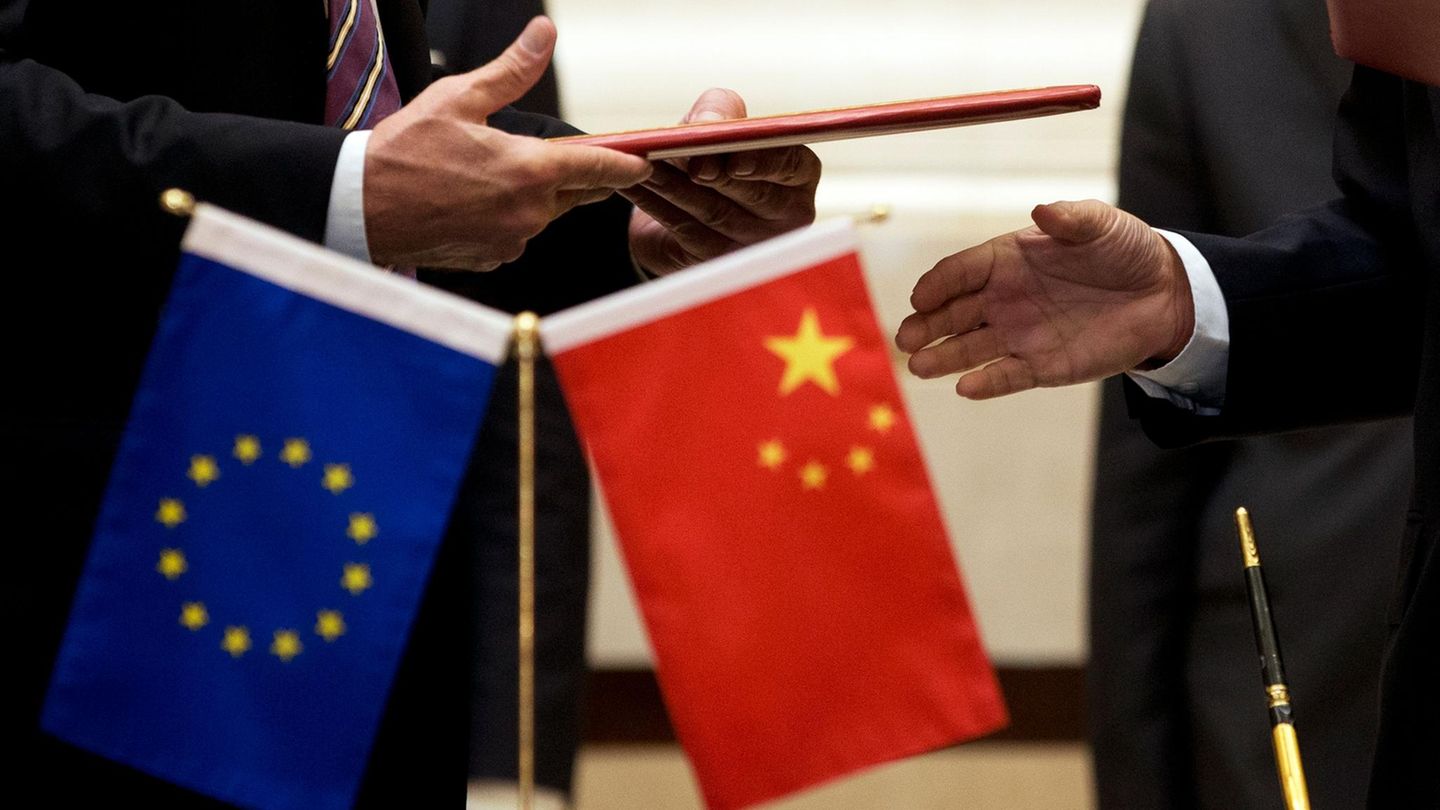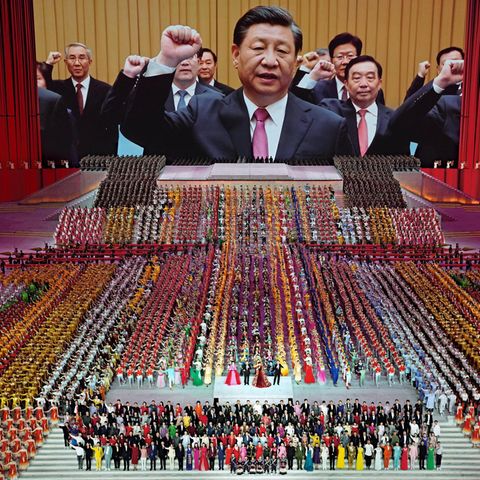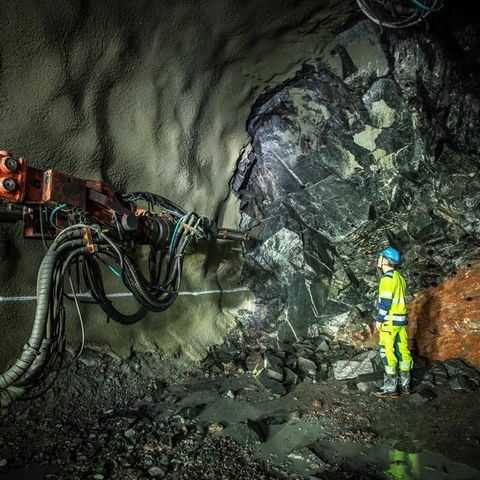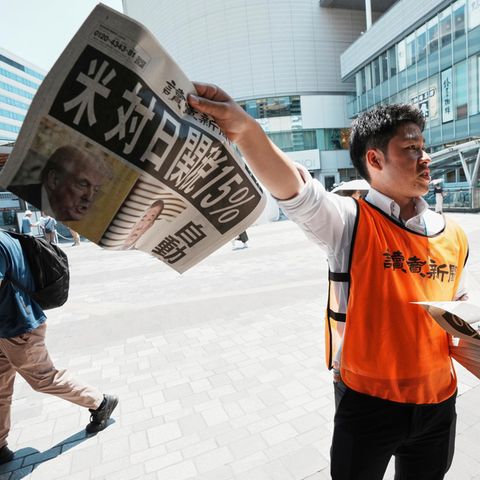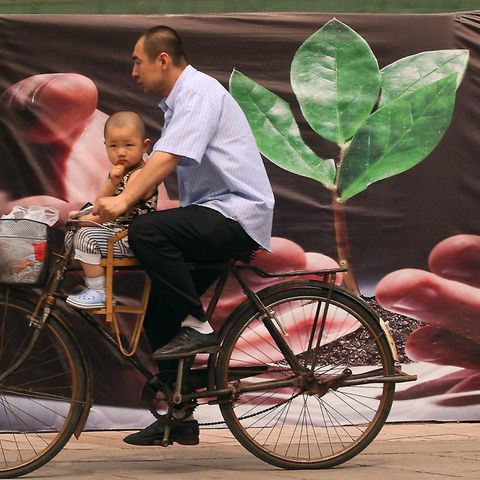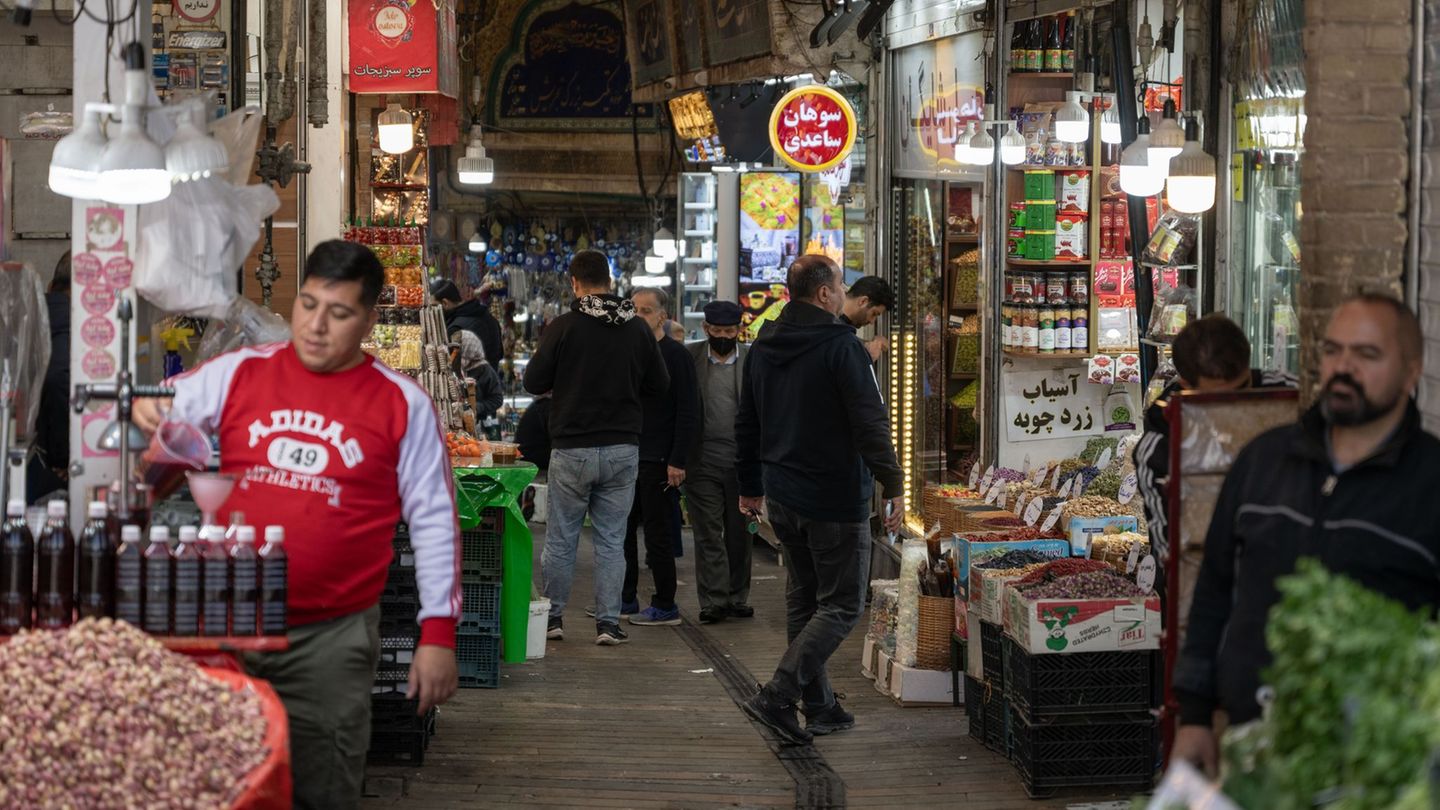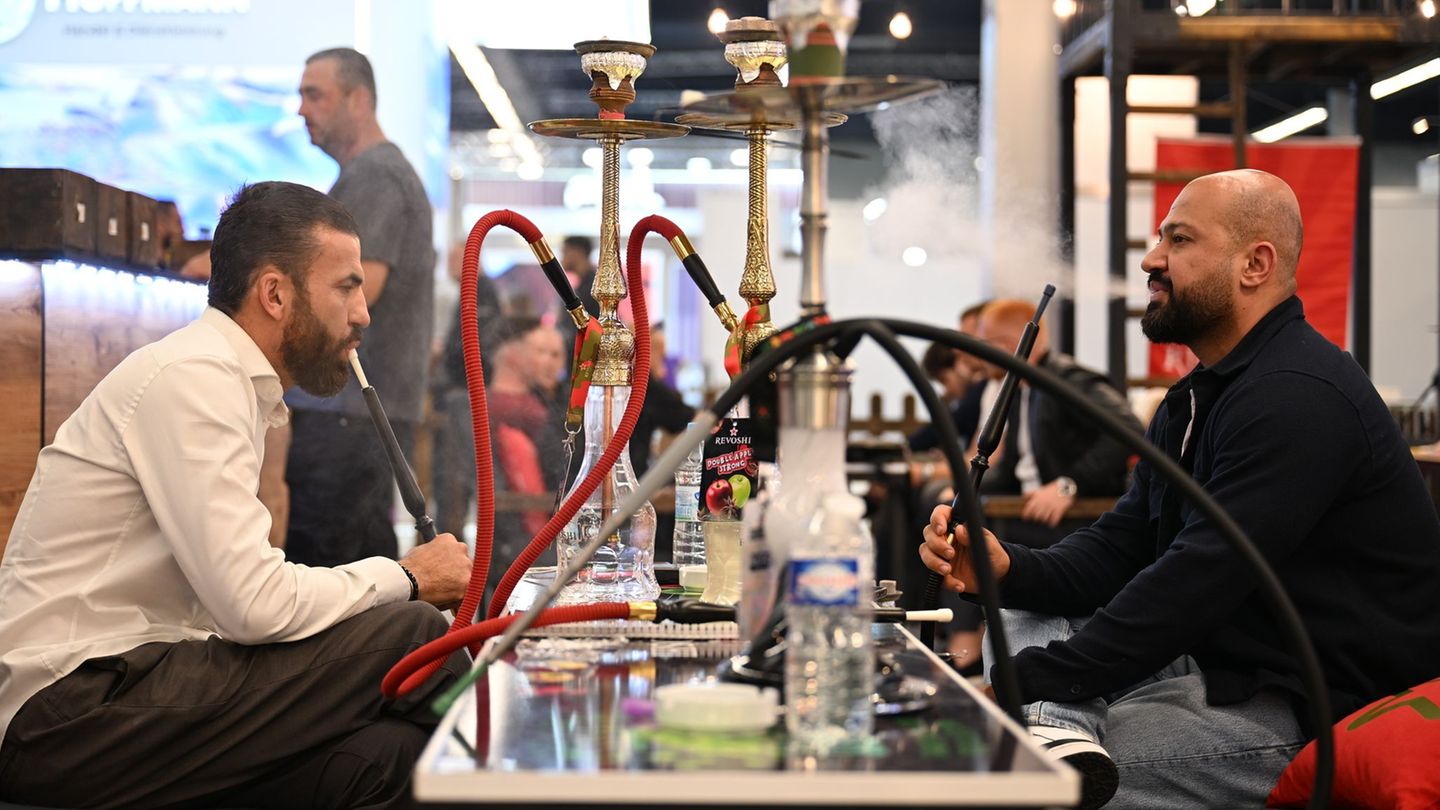Summit in Beijing
The four issues between Europe and China
Copy the current link
Add to the memorial list
At the meeting between Brussels and Beijing, tensions are on the agenda. There is hardly a lot of positive to be expected from the meeting. These are the sticking points.
Under clear tensions, the highest ranking representatives of the European Union today speak to China’s leadership. The list of problems is long in the 50th year of diplomatic relationships on the two sides. China’s state and party leader XI Jinping said that both sides would have to act with foresight under the troubled international situation and would have to make correct strategic decisions.
Commission President Ursula von der Leyen spoke of a “special” visit. With the deepening of the economic relationship, imbalance has also increased. “Exposing our bilateral relationship is essential,” she said. China and Europe should take their mutual concerns seriously and propose “real solutions”, according to the Germans.
The impending tariffs of US President Donald Trump sit on both sides. While the deadline for the EU on August 1, China has the prospect of extending the current customs break.
So far, Trump’s customs policy and his foreign policy approach have hardly helped the EU-China relationship. Past meetings showed that the EU and China do not agree in many points. Observers and EU representatives therefore have hardly any expectations of the one-day summit. For example, no joint explanation could be signed. Beijing and Brussels argue about it:
Ukraine War: Beijing does not give away from Moscow’s side
The EU has been employing China’s role in the Russian attack war against Ukraine for a long time. In Beijing, António Costa, President of the Eruopean Council, demanded that China use his influence on Russia to put an end to war. Shortly before the summit, Brussels also punished Chinese companies in the 18th sanction package against Russia. Beijing is firmly on Moscow’s side. According to EU officials, the Chinese deliver about 80 percent of those goods that Russia can use civil or military.
During his visit to Brussels at the end of June, China’s Foreign Minister Wang Yi caused excitement: In conversation with the EU foreign representative Kaja Kallas, according to media reports, he said that Beijing did not want Russia to lose war, otherwise the United States could focus its focus on China.
In the conflict, the People’s Republic is neutral and emphasized to stand up for peace negotiations and a political solution. According to the EU officials, Costa and the Leyen want to insist on an unconditional fire break and an interruption of direct or indirect help for Russia.
“We are not naive, we will not ask China to end his relationships with Russia,” it said in advance. But it is demanded that China brake the flow of goods to Russia through better customs and financial control.
Rare earth as a weapon
At the beginning of April, China triggered seven rare earths with export controls and magnets made from them in the world. Beijing played a strong card in the customs poker at the time. In many German industrial companies, the fear of production stops was changed because the metals for electric motors and sensors are essential. China is also by far the world market leader for these raw materials.
Foreign Minister Wang emphasized that the measure is not against the EU. But Brussels remained skeptical: “China not only uses this quasi-monopoly as a negotiating mass, but also uses it as a weapon to weaken competitors in key industries,” said von der Leyen at the G7 summit in Canada in mid-June.
German and European companies have been missing planning security since export controls. China’s Ministry of Commerce approves export applications, but these are complicated and lengthy. Progress could be a general export permit from an EU perspective.
Trade relationships tense
China and the EU are the second most important trading partners for each other. However, Brussels hurts the immense deficit of more than 300 billion euros last year. Because China exports a lot to Europe, but imports little from there.
Studies in Beijings and Brüssels against products from the other side as well as the EU tariffs on Chinese electric cars and China’s surcharges on winebrand from Europe additionally strain the ratio. According to EU officials, however, there is now a little hope of solution to these questions.
Above all, the EU wants to address the unfair competition. European companies often do not receive any market access in China or lose tenders against Chinese companies. The EU therefore continues to focus on more independence from China.
More wanted in the climate than done
It could be the good news of the summit: Until the end, both sides negotiated a joint climate protection declaration. A visit to EU envoys in Beijing last week clouded hope. According to reports, Brussels demands more concessions from Beijing to lower the emissions of greenhouse gases.
EU Commissioner for the Green Change, Teresa Ribera, remained reserved before the press in Beijing and only emphasized that China and the EU’s commitment were strong for the Paris climate agreement. Both sides wanted this year’s COP30 World Climate Conference in Belém in Brazilian.
China causes the most carbon dioxide worldwide, but also expands the most renewable energy. In contrast to the issues of trade, the international security situation or human rights, the EU still sees space for cooperation with the People’s Republic in the area of the environment and climate.
Dpa
CL
Source: Stern
I have been working in the news industry for over 6 years, first as a reporter and now as an editor. I have covered politics extensively, and my work has appeared in major newspapers and online news outlets around the world. In addition to my writing, I also contribute regularly to 24 Hours World.

